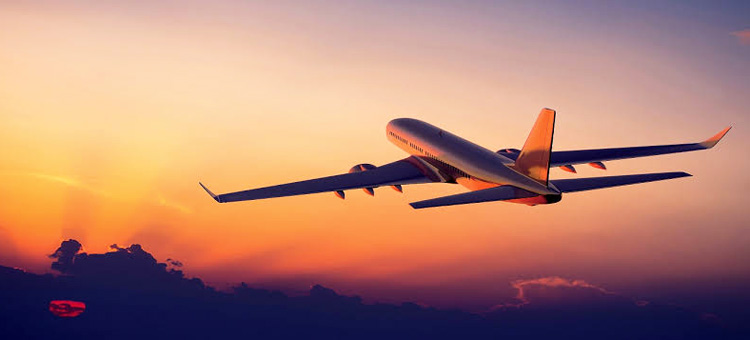These are interesting times for the global air transport industry, under pressure from many directions. In September last, four airlines in Europe went bust. Much before that, in June, India’s Jet Airways turned turtle. The distress this caused to the staff and passengers was clear. This shows how tough it is to run an airline — especially in Europe and India, where infrastructure costs and taxes are high.
On the cargo side of the business, trade tensions are taking their toll. No growth has been witnessed in the last 12 months. In fact, volumes are now tracking about 4 per cent below last year. Geopolitical forces have become even more unpredictable than usual — with real consequences to the airline business. The recent attack on Saudi oil infrastructure and the resultant swings in the oil price, once again reminded the industry how vulnerable they were to such unexpected outcomes.
The 2019 Global Passenger Survey of IATA gives valuable clues. The key finding is that passengers want technology to improve their travel experience. In particular, passengers want to use biometric identification to speed up travel processes. And they want to be able to track their baggage.
IATA’s One ID initiative is helping transition the industry towards a day when passengers can enjoy a paperless airport experience and move from curb-to-gate using a single biometric travel token such as a face, fingerprint or iris scan.
A ‘passenger-first’ approach also means taking care of their possessions when they travel. Passengers say that the ability to track their checked luggage is a top priority. Over 50 per cent said that they would be more likely to check their bag if they were able to track it throughout the journey. And 46 per cent said that they want to be able to track their bag and have it delivered directly off-airport to their final destination.
Airlines and airports are facilitating this by implementing tracking at major journey points such as loading and unloading. IATA airlines have unanimously resolved to support the global deployment of Radio Frequency Identification (RFID) for baggage tracking in order to meet passenger expectations. Apart from meeting customers’ expectations, implementation of RFID will help reduce the $2.4 billion cost to airlines from mishandled bags.
2019 will be the tenth consecutive year in the black for the airline industry. But margins are being squeezed by rising costs right across the board — including labour, fuel, and infrastructure. Stiff competition among airlines is keeping yields from rising. Weakening of global trade is likely to continue as the US-China trade war shows no signs of resolution. This primarily impacts the cargo business, but passenger traffic could also be affected as tensions persist. Airlines are still turning a profit in 2019, but there is no easy money to be made.
From all of us at Destination Reporter, we wish you a very Happy New Year. Stay blessed.





